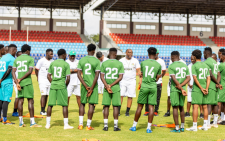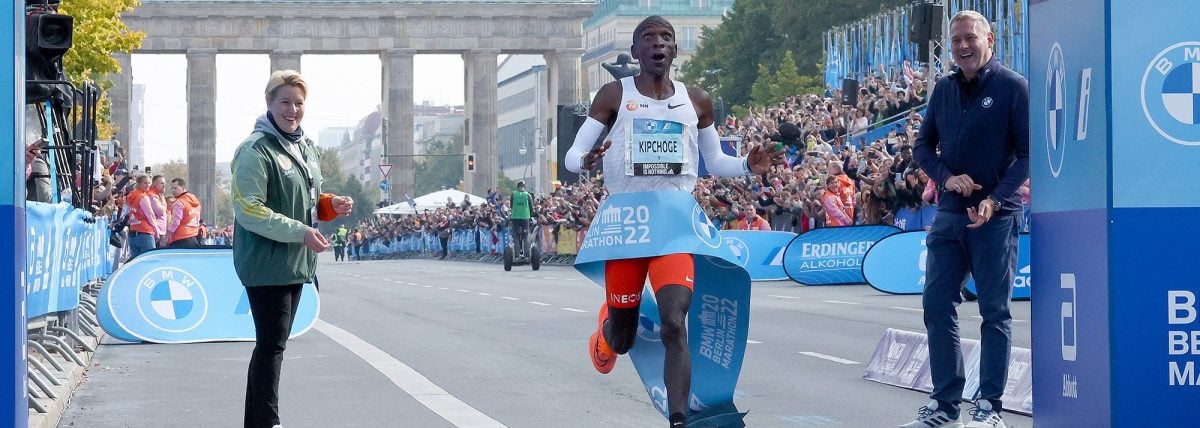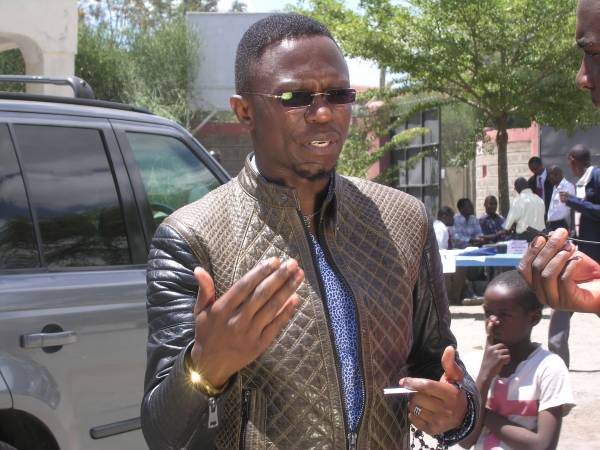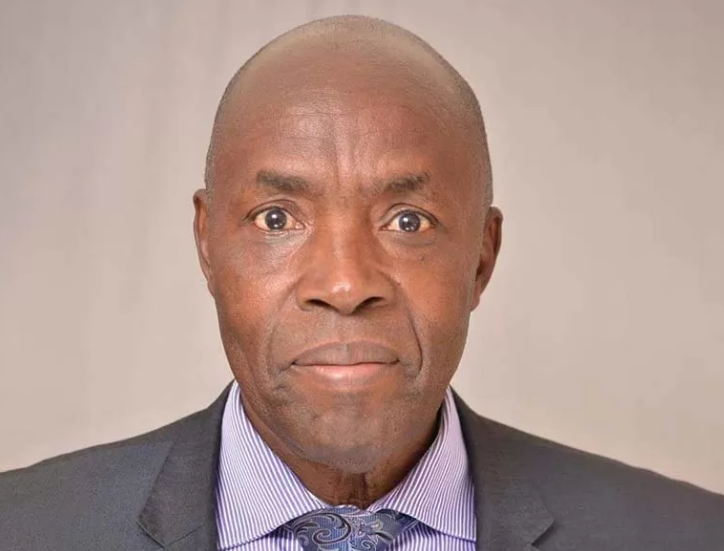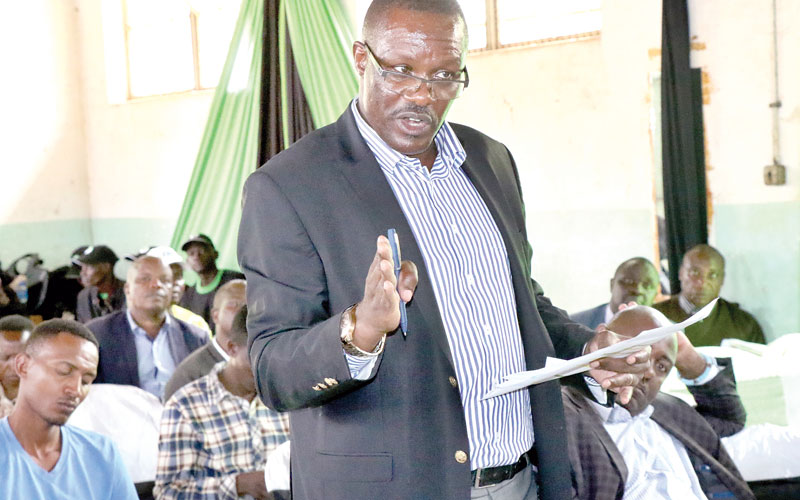We had no role in tallying, IEBC four tell judges
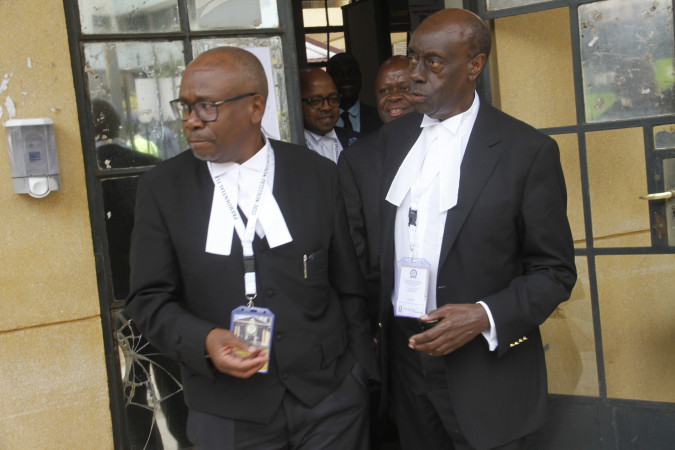
The four members of the Independent Electoral and Boundaries Commission (IEBC) who have fallen out with their chairman Wafula Chebukati yesterday asked the Supreme Court to annul the presidential election results announced by the latter on August 15.
Presenting their submissions to the Supreme Court during the hearing of petition, the four led by vice-chairperson Juliana Cherera, poked holes in the process deployed by Chebukati in the verification and tallying of the presidential poll results.
Cherera and colleagues Justus Nyang’aya, Francis Wanderi and Irene Masit were allowed by the top court to make a one-hour submission and they spent the time to show how they were sidelined by the chairman in the tabulation of the final presidential results.
Through their lawyers, they said they were handed peripheral roles by the chairman arguing that they were never allowed to acquaint themselves with what was going on in the tallying centre other than reading results they were handed by staff members.
Majority
Senior Counsel Paul Muite defended the decision of the four to denounce the election ahead of the announcement of the results saying they did not want to be part of a process that was not transparent.
He also insisted that as the majority of the seven-member electoral body, their actions should not be taken lightly.
“When this court retires to come up with a decision, it must consider the submissions of the four commissioners who are the majority. IEBC is a corporate entity and in the absence of a consensus, the decisions are by the majority. Do not depart from that principle,” said Muite.
Before Chebukati announced Deputy President William Ruto as the winner of the election on August 15 at the National Tallying Centre at Bomas of Kenya, the four held a press conference in which they distanced themselves from the results. They claimed the tallying had been “opaque”.
“They were not involved in the tallying and verification in particular results from the 27 constituencies. The four commissioners were fully justified in saying they could not own the results they have not tallied. It is the commission that should do the tallying,” added Muite.
Cherera told the court they had not been allocated any role in the tallying of the results, saying they had been assigned less important duties at the tallying centre.
“If the chairman, as he has indicated, was verifying and tallying the results, what were the other commissioners supposed to do? Were they supposed to sit at home and watch the exercise like many of us?” asked Apollo Mboya, who represented the vice-chairperson.
Nyang’aya, who oversaw the commission’s ICT infrastructure, said he was aware the IEBC servers had been interfered with and provided the names of those said to have gained unathorised access.
“There was indeed interference with the transmission and uploading of Form 34As. This was done without the involvement of the four commissioners. It was done in clear violation of the Constitution,” said lawyer Jothama Arua, who represented Nyang’aya.








